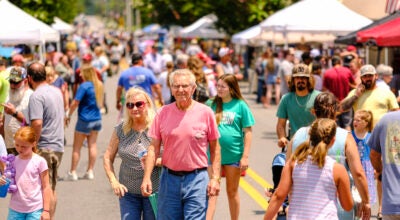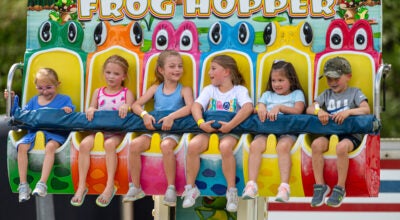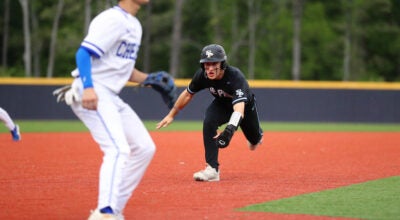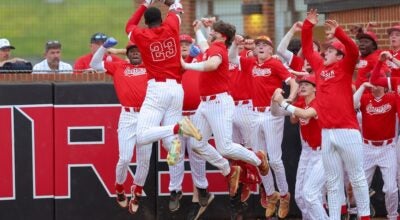Local nurses lend Haiti a hand
Published 3:48 pm Friday, February 26, 2010
As the voices outside the building grew louder and more argumentative, Shelby Baptist Medical Center nurses Susan Alexander and Martha McMinn briefly wondered if they had made the right decision.
About a month after a Jan. 12 earthquake destroyed much of southern Haiti, desperation and anxiety was running high among the hundreds of thousands of Haitians affected by the event.
Alexander and McMinn stayed in the concrete building used to house their medical clinic as armed and unarmed off-duty police officers and security guards climbed atop the building to attempt to calm the thousands of earthquake victims awaiting medical care.
“They had moved us from a tent city with about 3,500 people to a building with a controlled entrance when we heard a big ruckus outside,” Alexander said. “The security guards left us in the building and went up on the roof.
“I’ll be honest. I was afraid, and I know Martha was too,” Alexander added. “The desperation among the Haitian people was just huge, especially when they thought you may have something in there their family needs.”
The pair of nurses, along with other nurses and caregivers stationed at the building, left many of their supplies in the building and entered the back of a covered pickup truck.
After they entered the vehicle, a Haitian translator jumped into the back of the truck and grabbed Alexander’s hand.
“She could speak English, and she kept thanking us and apologizing for the people in front of the building and saying God had sent us to Haiti to help everyone,” Alexander said. “And then she started singing ‘This Is the Day the Lord Has Made.”
“At that point, I knew God had sent us, and we shouldn’t be afraid,” Alexander added. “He equips those he calls.”
McMinn and Alexander joined five other volunteers from the Baptist Health System who traveled to Haiti Feb. 9-17 through the Southern Baptist Convention’s International Mission Board.
During the trip, the nurses worked to triage patients and treat everything from dehydration to head lice. Though the nurses said they imagined “horrible” injuries and scenes of destruction before they arrived, they said most cases they treated involved stress-related issues.
“It was horrible when we were there, but it wasn’t as bad as the images we saw right after the earthquake hit,” Alexander said.
However, Alexander added the scenes in the streets of Port au Prince were still among the worst she has ever seen.
“We saw people digging for their loved ones with spoons. The devastation was very profound,” Alexander said.
“A lot of the things we saw were things like heartburn, headaches, lack of sleep, post-traumatic stress and things like that,” Alexander added.
The team treated more than 700 people in about four days, and most of the earthquake victims were “very grateful” when they encountered the American volunteers, McMinn said.
“It didn’t seem like the crowd waiting to receive care would ever end, but we tried to do what we could,” McMinn said. “If just for that moment, they knew we were there and that we cared for them, and that made a difference.
“There was a time I thought I had bitten off more than I could chew,” McMinn added. “But then God lifted me back up and gave me energy and told me I was doing the right thing.”









